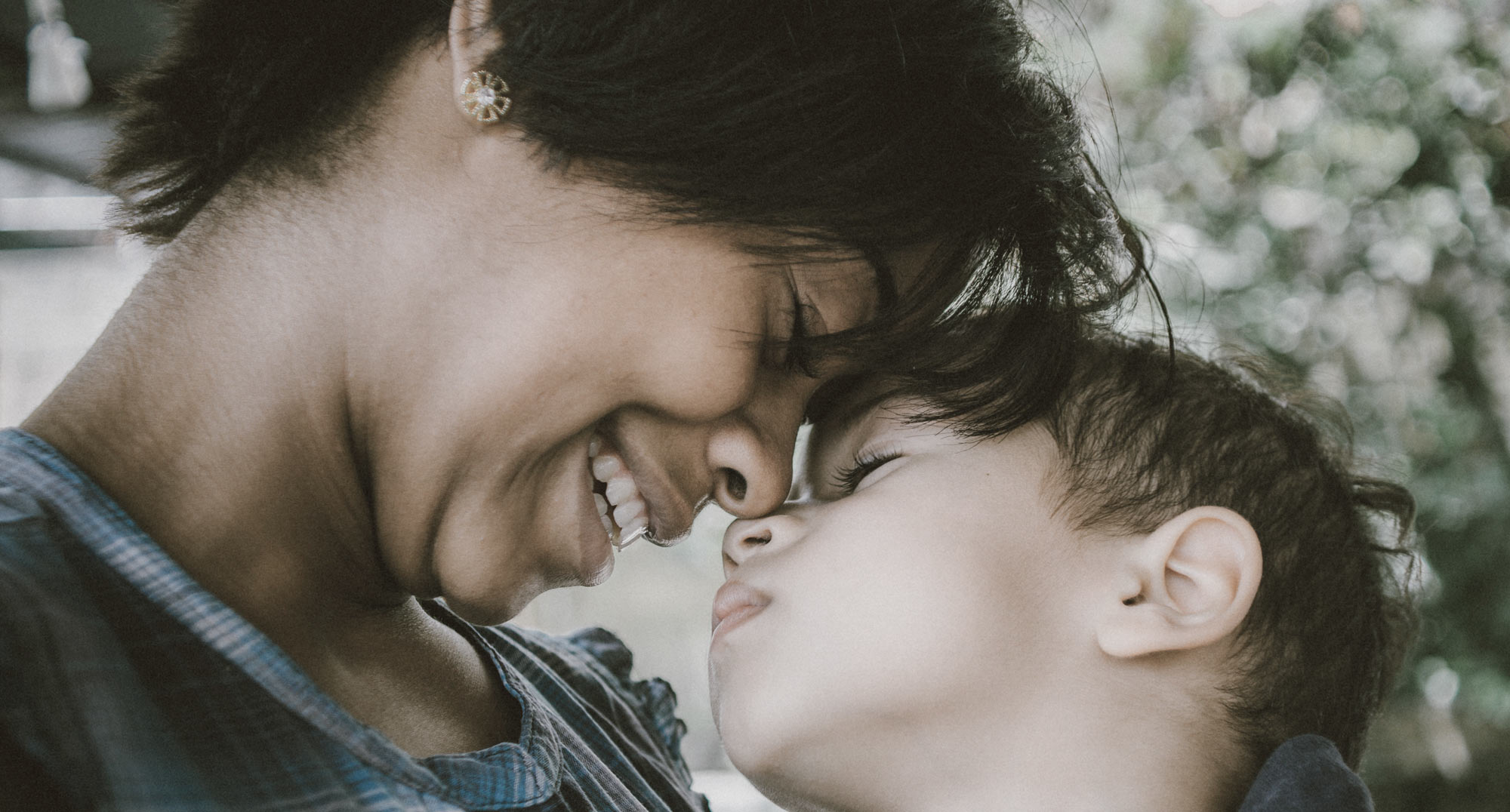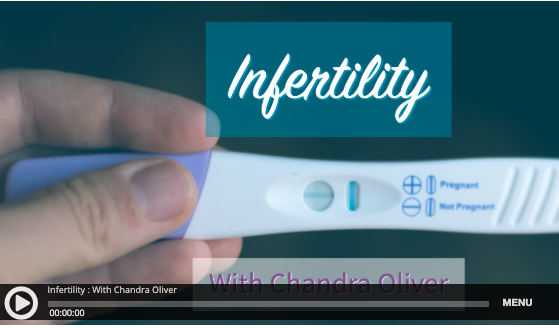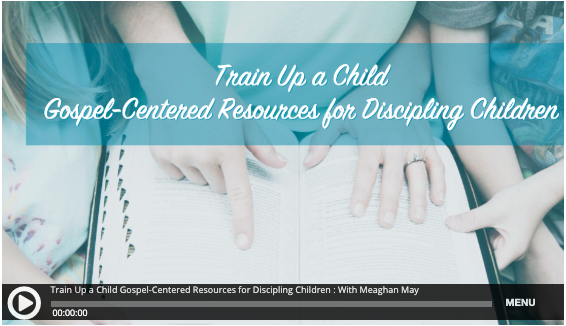Sheltering vs. Equipping and the Purpose of Motherhood
As loud and crazy as my house gets with five little boys, I don’t relish the day they will leave. Sometimes I cuddle the baby and whisper, “You can stay with me forever.” If my husband overhears me, he says, “Oh, no he can’t!” So I whisper to the baby that I will make him a special room in the basement. But I know in my heart that I am not raising them to live in the basement. I am raising them to be independent, godly leaders of their own homes, churches, and communities. My only reservation is...the basement seems so much safer. How can I keep them safe and prepare them to leave the nest at the same time? The False Security of Sheltering I have a couple of readers in the house now. My oldest two sons will grab anything with words on it and read it to me. Recently they’ve been reaching for the newspaper. But I was quickly reminded that the newspaper isn’t rated “G.” The same page with an educational article about the economy had articles about a public official’s affair and a sex-trafficking bust. Time to put the paper away for a little longer.When I see a newspaper page like that in the hands of my sweet young son I get angry. I feel like my kids don’t deserve to grow up in such an evil world. I want to protect them from everything “out there.”But the Bible says sin doesn’t come from “out there.” Sin comes from within. “For out of the heart come evil thoughts, murder, adultery, sexual immorality, theft, false witness, slander” (Matt. 15:19). Not from the newspaper. Not from the politicians. Not from the internet. Sin comes from the heart. “Sheltering” gives us a false sense of security when we take comfort in shutting out the world. We fall for the lie that if we make enough rules and create a completely controlled environment, our kids will be safe. But there is a better way to shelter our kids. Instead of using sheltering to smother and control, we can use sheltering to prepare and equip.










